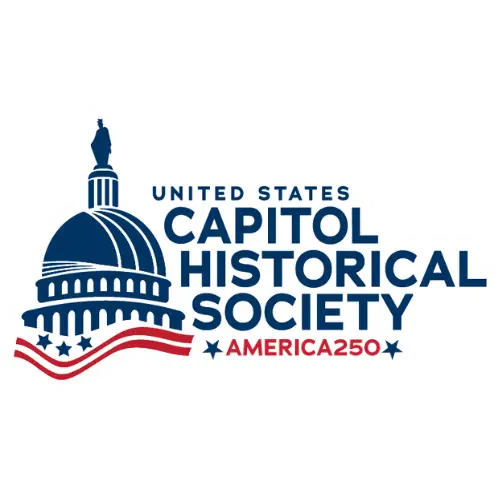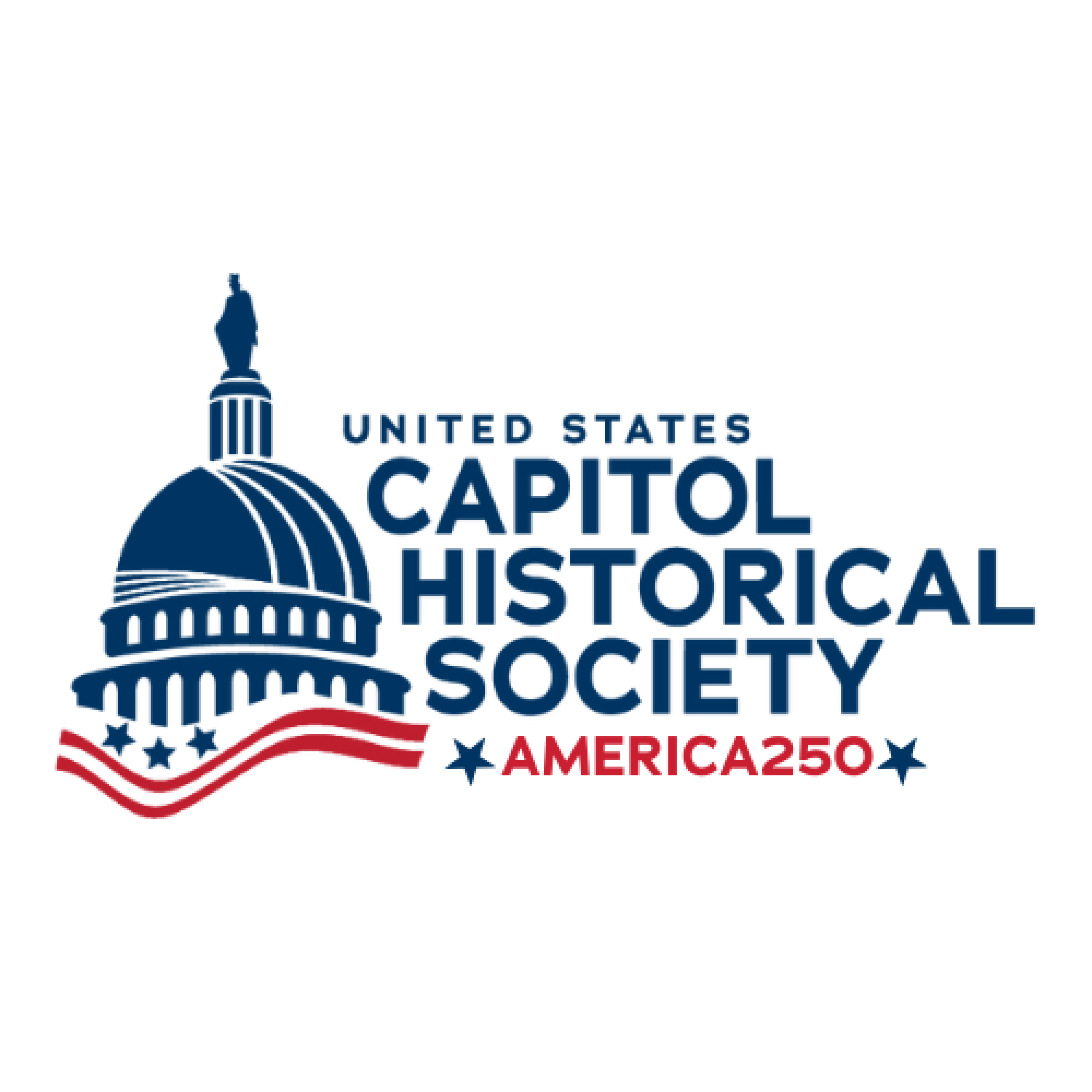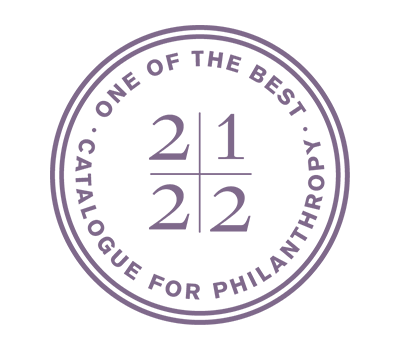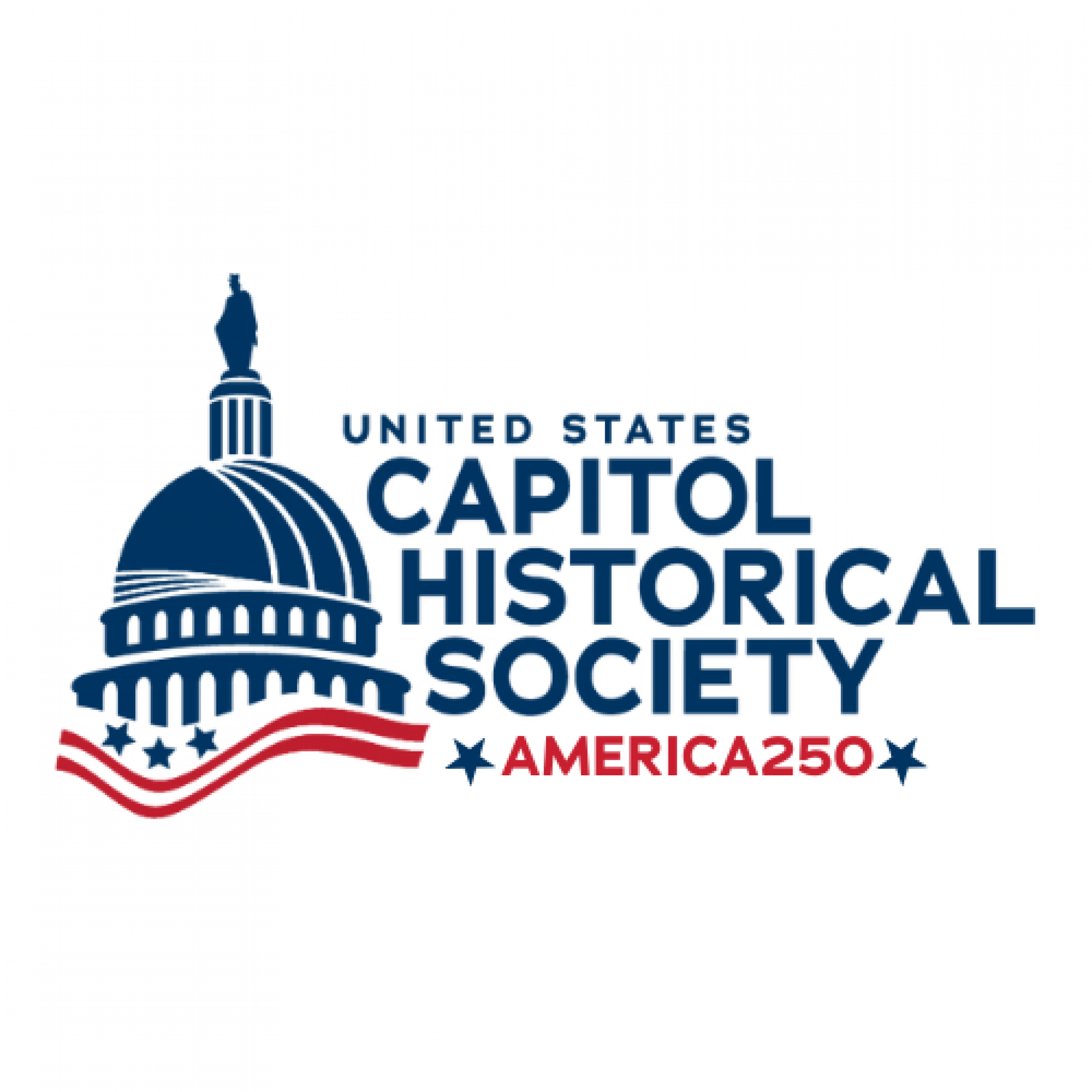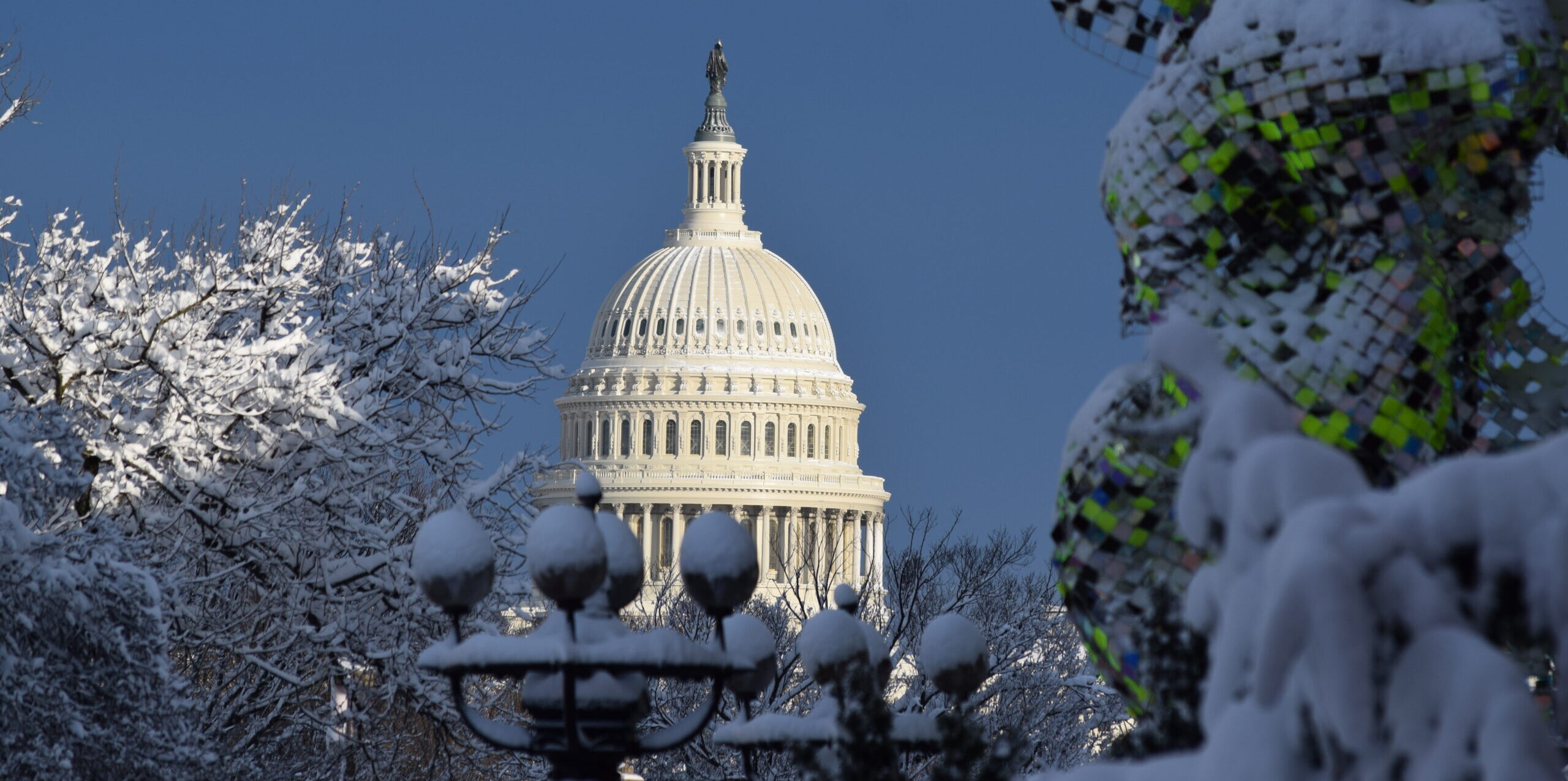View Event Online:
Original Event Information:
Much of what separates the United States from other nations are laws meant to protect the rights of the innocent above all else. To safeguard this principle, the First Congress passed the Constitution’s 4th and 5th Amendments that protect Americans from unreasonable searches and seizures and ensures them due process of law, among other vital liberties. On Thursday, September 1, the U.S. Capitol Historical Society continues our series on the Constitution by discussing the history and societal impact of the 4th and 5th Amendments. Our featured guest for this timeless conversation is the President of the Association of American Law Schools, Professor Erwin Chemerinsky.
Among the topics we’ll discuss are the legal abuses in British America that inspired the Framers to create the Bill of Rights; and the ways in which our laws and judicial rulings have changed our interpretation of the 4th and 5th Amendments. We’ll also seek to answer: In what ways is the American criminal justice system still a model for the world? And do our protections equally apply to all Americans—especially in light of increased scrutiny over police procedure?
Professor Chemerinsky is the Dean of the University of California-Berkeley School of Law and received his J.D. from Harvard Law School. According to one study, he is the most cited legal scholar in the United States. Professor Chemerinsky is also the author of more than 200 law review articles as well as 14 books, including the widely assigned textbook, “Criminal Procedure,” which analyzes the laws and legal precedents of American criminal justice investigations.
Like all U.S. Capitol Historical Society webinars, this event is free and open to the public.
